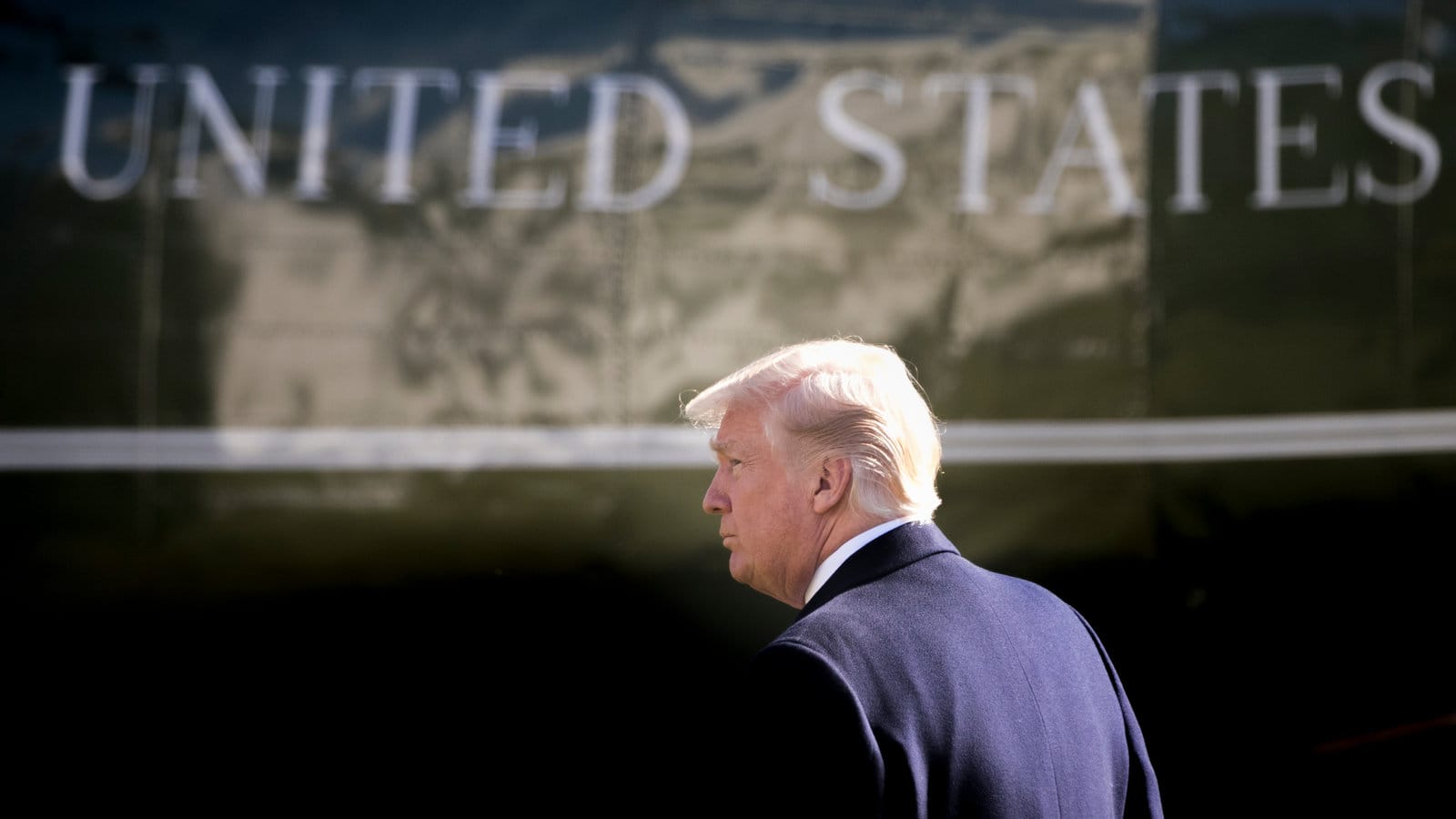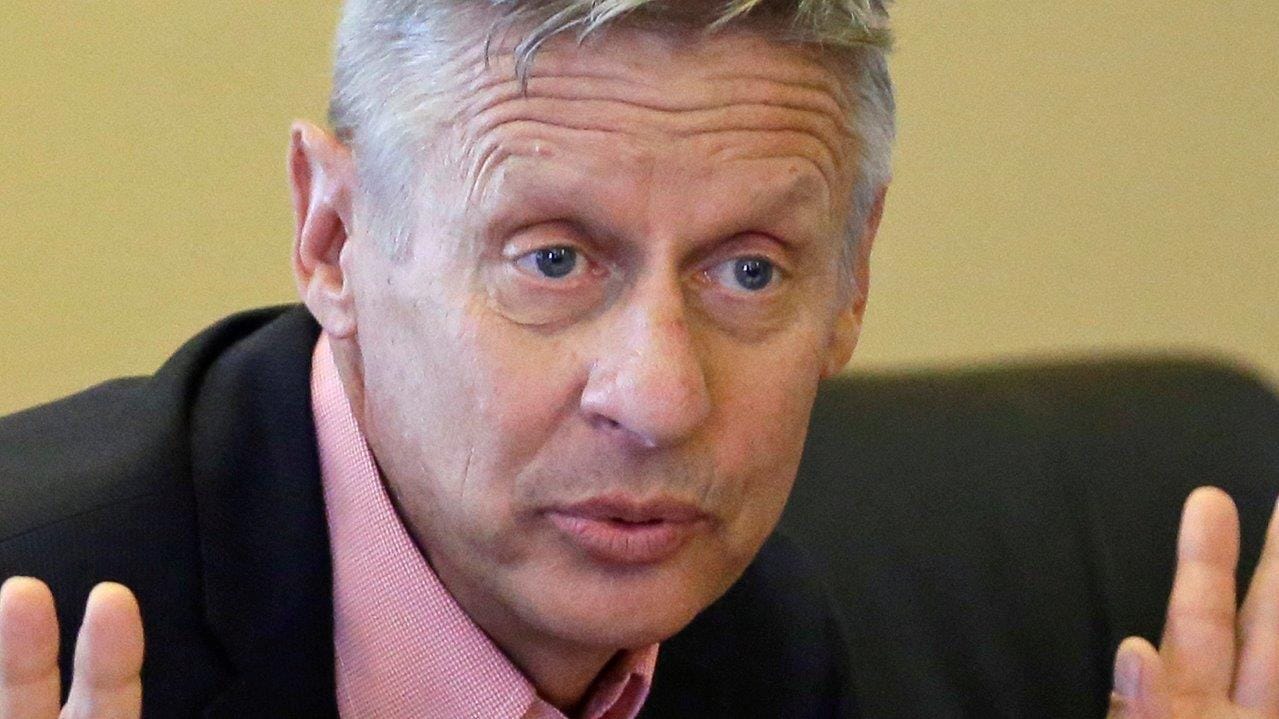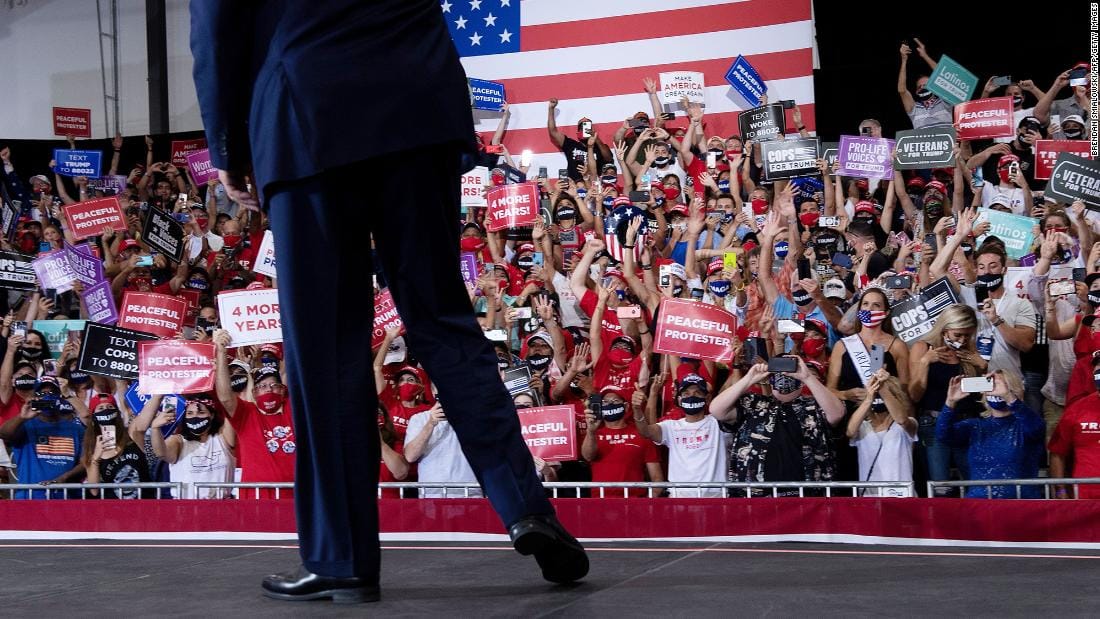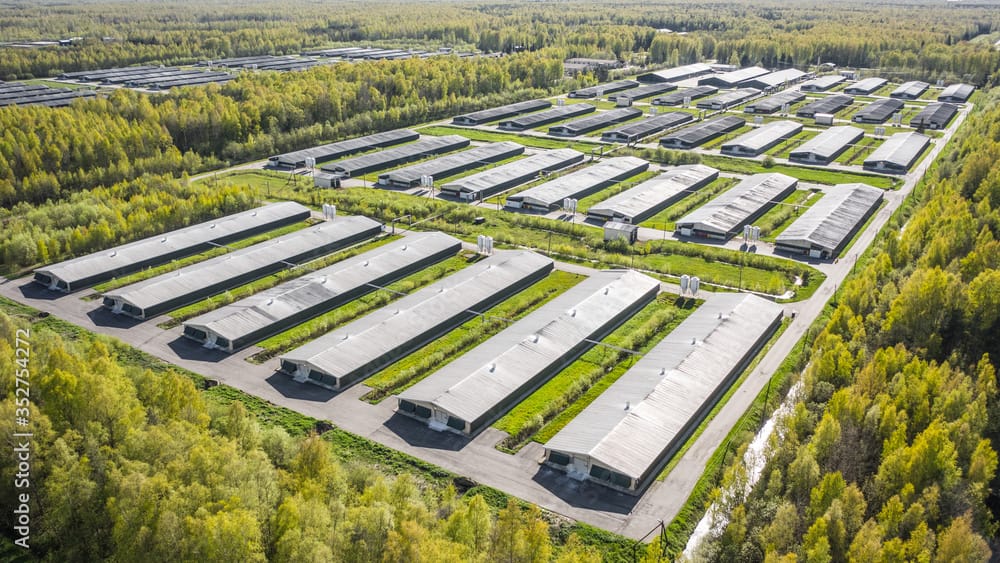In recent weeks, the political landscape within the Republican Party has been marked by increasing divisions, prompting some party leaders to seek the assistance of former President Donald Trump. Known for his polarizing presence in American politics, Trump has found himself stepping into the role of a mediator, albeit with a sense of reluctance. This unexpected development underscores the intricate dynamics of party politics as the GOP prepares for the upcoming electoral cycle.
Trump’s engagement as a mediator is not entirely new; throughout his presidency, he often positioned himself as a figure capable of bridging gaps between differing factions. However, his recent efforts appear to be more pronounced, as various factions within the party grapple with differing ideologies and strategies. The Republican Party is currently experiencing a schism between traditional conservatives and a more populist wing, which has been heavily influenced by Trump’s own political style and rhetoric.
The former president’s involvement has raised eyebrows among political analysts and party insiders. Some view his willingness to step in as a necessary move to maintain party cohesion, while others question whether his approach will further complicate the existing tensions. Trump has reportedly engaged in discussions with key party figures, aiming to facilitate dialogue and encourage collaboration among competing interests. His presence in these negotiations is seen as both a blessing and a curse, given his ability to galvanize supporters while simultaneously alienating certain segments of the party.
One of the primary issues at hand is the upcoming election cycle, where the Republican Party faces the challenge of presenting a united front. With various factions advocating for different candidates and strategies, the risk of fragmentation looms large. Trump’s influence remains significant, as many party members still view him as a leading figure capable of mobilizing voters. However, his involvement also brings with it the potential for heightened tensions, particularly among those who may oppose his style of leadership.
In recent statements, Trump has expressed a desire to see the party succeed, emphasizing the importance of unity in achieving electoral victories. He has urged party leaders to find common ground and focus on shared goals, rather than allowing internal disputes to overshadow their collective efforts. This call for unity reflects a broader recognition within the party of the need to coalesce around a singular vision, particularly as the general election approaches.
The dynamics of Trump’s mediation efforts are further complicated by the ongoing investigations and legal challenges he faces. These issues have the potential to divert attention away from party unity, as they continue to be a focal point in public discourse. Trump’s legal troubles have prompted some party members to distance themselves from him, while others remain steadfast in their support. This divide illustrates the complexities of Trump’s role as a mediator, as he navigates both his personal challenges and the broader political landscape.
As the Republican Party seeks to solidify its position ahead of the elections, the effectiveness of Trump’s mediation will be closely scrutinized. Political analysts are keenly observing how his involvement will impact candidate selection, campaign strategies, and voter engagement. The success of these efforts may ultimately determine the party’s ability to present a cohesive front against the Democratic opposition.
In addition to addressing internal conflicts, Trump’s mediation efforts also extend to broader policy discussions. He has been vocal about the need for the party to champion key issues that resonate with their base, such as economic recovery, immigration reform, and national security. By positioning himself as a mediator, Trump aims to steer the party’s focus towards these pressing concerns, which he believes will galvanize support among voters.
However, the path to unity is fraught with challenges. The Republican Party must grapple with the reality of differing priorities and perspectives among its members. Trump’s role as a mediator may provide a temporary solution, but the underlying divisions will likely persist unless addressed substantively. As the party moves forward, it will be essential for leaders to engage in meaningful dialogue and seek compromise, rather than relying solely on Trump’s influence.
In conclusion, Donald Trump’s emergence as a reluctant mediator within the Republican Party highlights the complexities of intra-party dynamics as the nation approaches the next election cycle. His influence remains significant, but the effectiveness of his mediation efforts will depend on the willingness of party members to engage in constructive dialogue and prioritize unity. As political tensions continue to evolve, the outcome of Trump’s involvement will shape the future of the GOP and its prospects in the upcoming elections.



